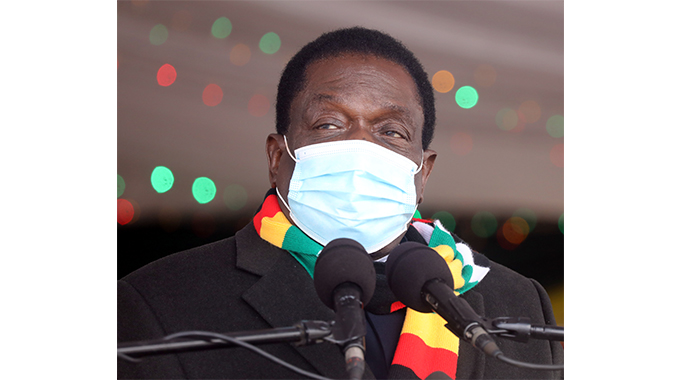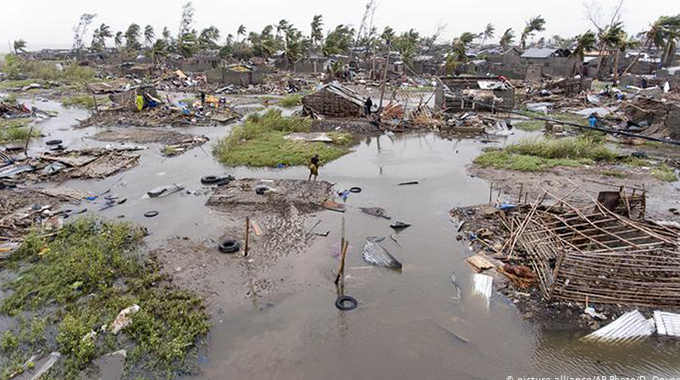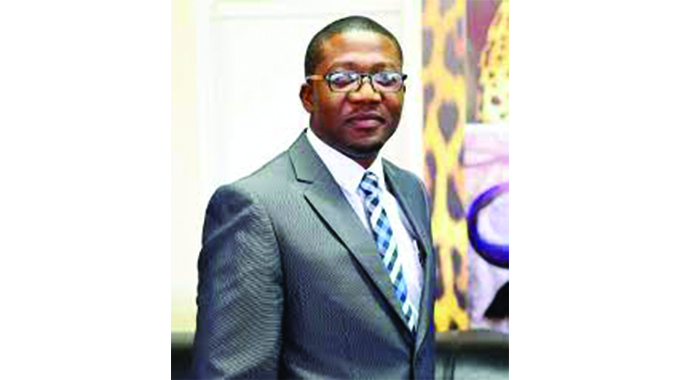President Mnangagwa talks tough on illegal mining, settlements

Zvamaida Murwira in Chimanimani
GOVERNMENT will not tolerate timber poaching, illegal mining, settlements in plantations, and deforestation as that will impede the rural industrialisation agenda being driven by the Second Republic aimed at achieving an upper middle class economy by 2030, President Mnangagwa has said.

President Mnangagwa
The President directed Government ministries, agencies, and traditional leaders to ensure the protection of the environment through curbing veld fires to achieve Government goals as envisaged by National Development Strategy 1 (NDS1), the country’s transformative and inclusive development agenda.
As part of development that leaves no one and no place behind, President Mnangagwa, who this week officiated at the groundbreaking ceremony for a new smart city on the outskirts of Harare, has taken the development agenda to all corners of the country, bringing aboard every Zimbabwean, urban or rural, towards his vision of prosperity for all.
Yesterday, the Head of State and Government was in Cashel Valley, Chimanimani, Manicaland province where he commissioned a US$13,3 million Allied Timbers sawmill plant as the rural industrialisation and modernisation agenda goes a notch up, creating employment for local communities.
“Undoubtedly, the forestry, wood, and timber processing sector provide a wide range of economic and social benefits to our society.
It is however, disheartening to note that timber poaching, illegal mining, and settlements in the plantations continue to affect the sector.
No to extraction of gold in these plantations.
We cannot afford any further disturbances occurring in the country’s commercial plantations and forestry areas, among other protected environmental ecosystems,” said President Mnangagwa.
“Through the whole Government and society approach, I further exhort the political leadership here in Manicaland Province, along with Government Ministries, departments, and agencies to decisively reverse deforestation in the province as well as other undesirable activities within our forestry plantations”.

Cyclone Idai disaster
He said the negative impact of climate change remained in the Government’s memory following the Cyclone Idai disaster in March 2019 in Chipinge and Chimanimani which resulted in the loss of lives and a trail of destruction of property and infrastructure.
“Similarly, the extreme weather patterns which our country continues to experience from time to time, give impetus for the need to have robust strategies of tackling current climate-related challenges,” said President Mnangagwa.
Forests, he said, play a critical role in mitigating climate change as recognised in the Paris Agreement Framework Convention on climate change.
“As such forest ecosystems are one of the most efficient systems in reducing greenhouse gas emissions, and the vulnerability of people and the environment to the negative impact of climate change,” said President Mnangagwa.
He commended Allied Timbers for turning around the firm through a recapitalisation drive which started in 2019 when he commissioned the Boards and Doors plant in Harare.
“The project is concrete evidence that Allied Timbers Zimbabwe has taken full advantage of my Government’s positive policies to successfully implement its turnaround strategy.
In addition, the internally generated funds have been prudently used to undertake this and other projects,” said President Mnangagwa.
The revitalisation of the company was done through a facility from Belarus resulting in the acquisition of various critical equipment which saw Allied Timbers declaring dividends.
“To sustain this momentum, I challenge the Board and management of Allied Timbers to unlock the potential of the sector by developing innovative solutions that increase production and investments in areas where the company has comparative advantages,” said President Mnangagwa.
“In light of the emerging global trends in the sector, I challenge you to also continue to make concerted efforts to acquire more high-tech equipment to increase the recovery rate in your processes.
As the company grows, it is my expectation that the quality of life for the workforce as a whole, will improve in tandem with your business in line with the adage ‘a tree standing alone does not have the strength of the forest.”
He called for patriotism and loyalty and belief in self as a people.
“We must never give in to those bent on sowing seeds of division among our communities and the nation as a whole.
United, in peace, love, and harmony, we shall surely realise sustainable development which leaves no one and no place behind,” said President Mnangagwa.
Speaking at the same occasion, Vice- President Constantino Chiwenga said the growth of Allied Timbers will benefit industry.
He reminisced of an incident at the height of the liberation struggle in Mozambique where it was once suggested to have forests in Nyanga and Chimanimani burnt as part of efforts to contain Ian Smith’s soldiers.
He said it was the intervention of other cadres who argued that it would be a mammoth task to resuscitate the forests once the country eventually attained Independence.
Minister of State responsible for Manicaland Provincial Affairs and Devolution, Nokuthula Matsikenyere, said the plant will enhance the province’s gross domestic product in addition to direct and downstream employment creation.

Mangaliso Ndlovu
Environment, Climate, Tourism and Hospitality Industry Minister Mangaliso Ndlovu commended the Second Republic for driving several economic initiatives that have benefited ordinary persons.
“We are building the country beyond what many had imagined,” he said.
Allied Timbers chief executive officer, Mr Remigio Nenzou, said the sawmill plant will see the company’s monthly revenue rise twofold from US$600 000 to US$1,2 million.
He said the plant will replace two others that were burnt in separate incidents a few years ago.
Meanwhile, workers and members of the community hailed the commissioning of a new plant.
“Our company had resorted to the hiring of a sawmill which obviously had become expensive for the company thus affecting us as workers.
With the coming in of a new plant we expect increased output which will translate into better conditions of service for us in terms of salaries,” said Mr Cosmas Dhliwayo.
A villager, Mrs Agness Mutambara, said she hoped that there will be creation of employment for their sons and daughters.
“The company should employ locals whenever it is possible to give us a sense of ownership.
We are happy that the company CEO has pledged to President Mnangagwa that they will employ locals.
We also want to thank the President for coming to our area to assess developments,” she said.
Another villager, Mr Darlington Ngorima from Nhedziwa village implored Allied Timbers to consider contracting community members by constituting them into syndicates so that they get into the timber business where they would sell to the firm.
Allied Timbers is a State owned company with more than 10 estates in Manicaland, the Midlands and Matabeleland provinces.










Comments